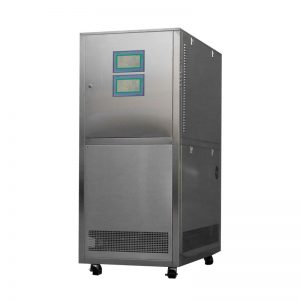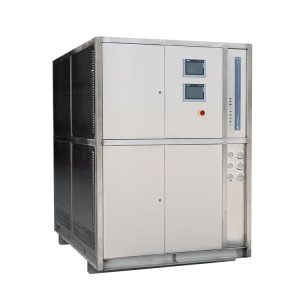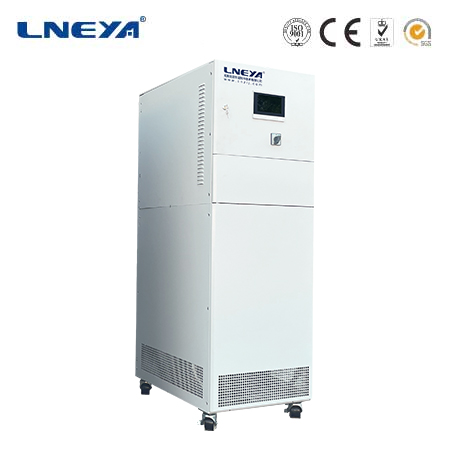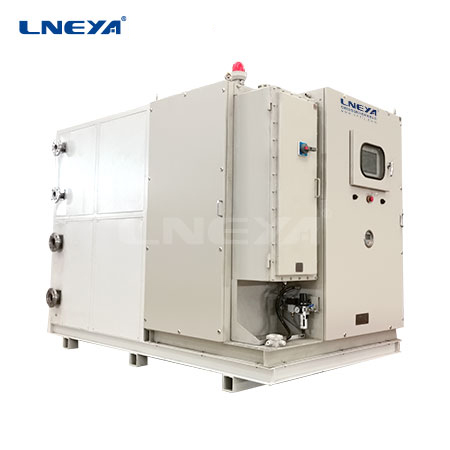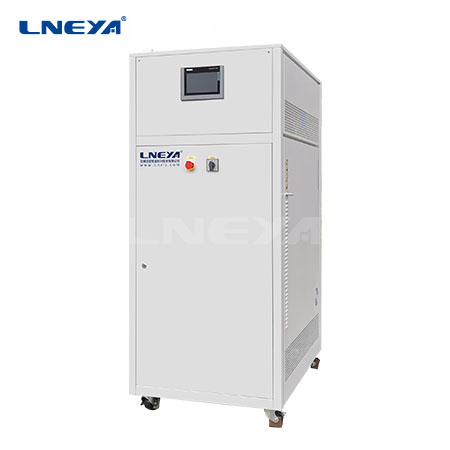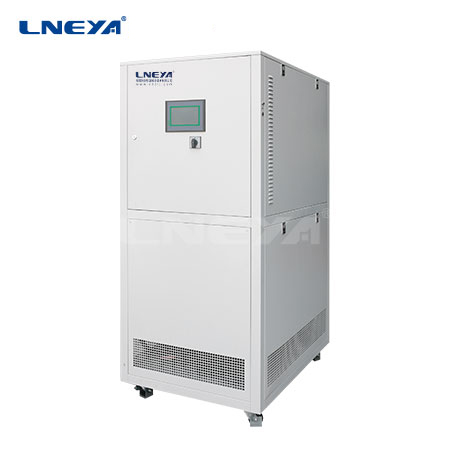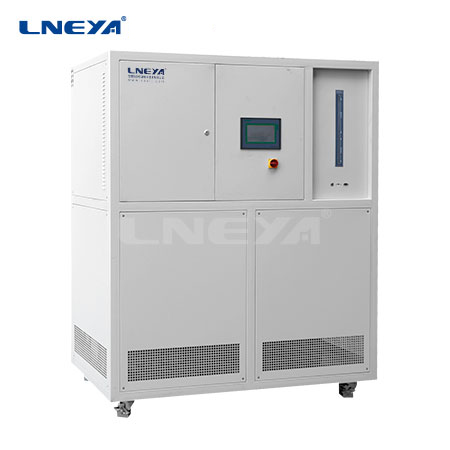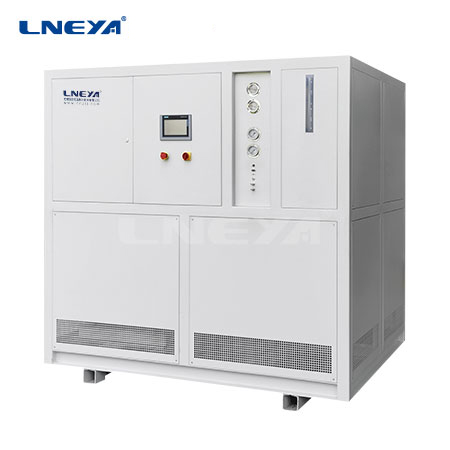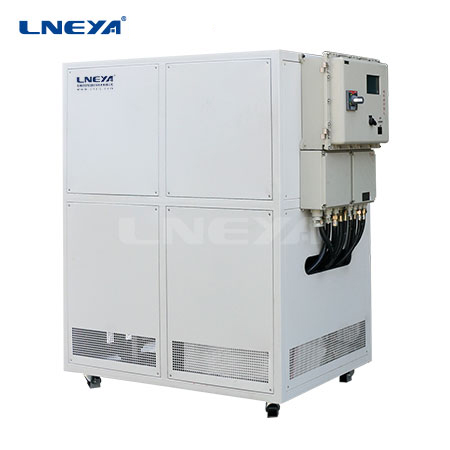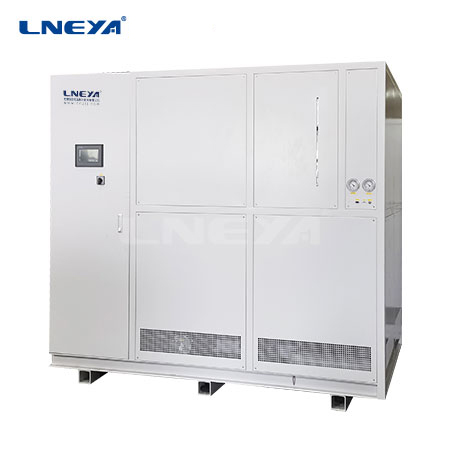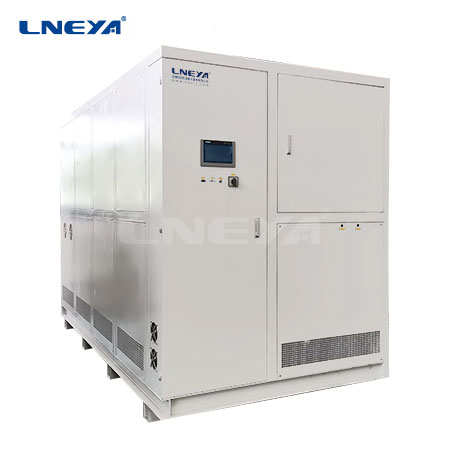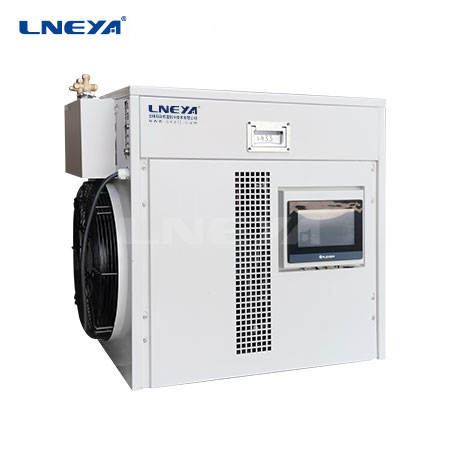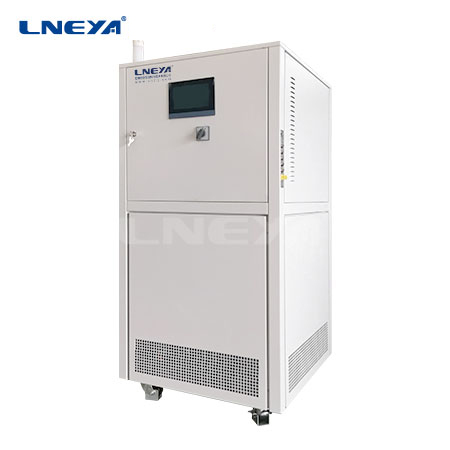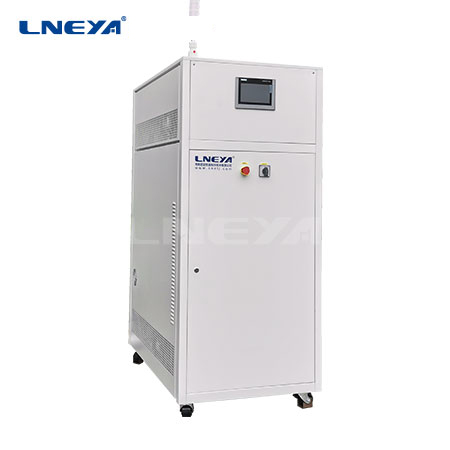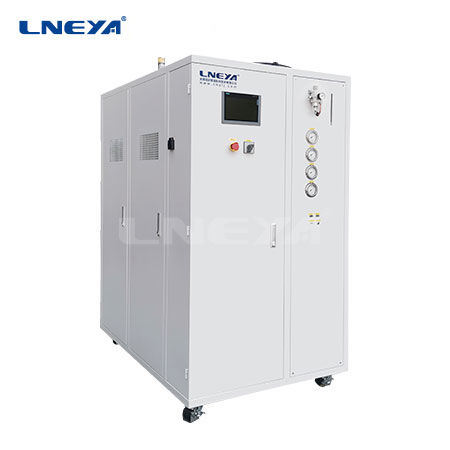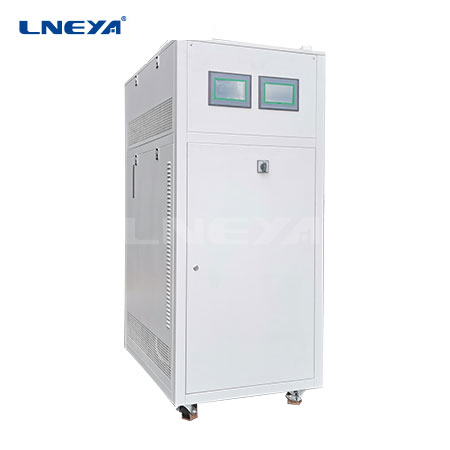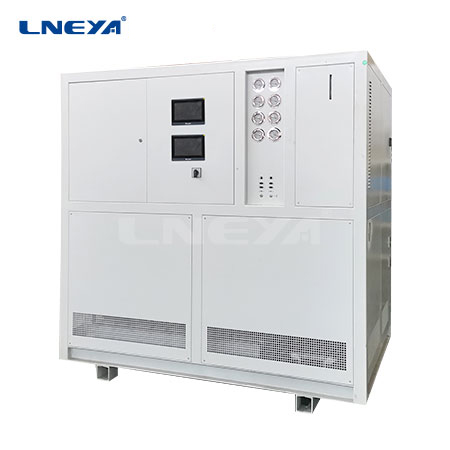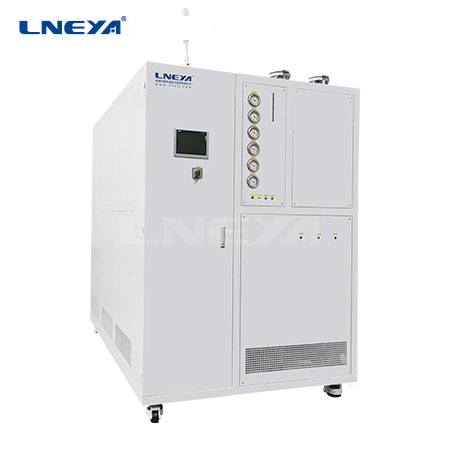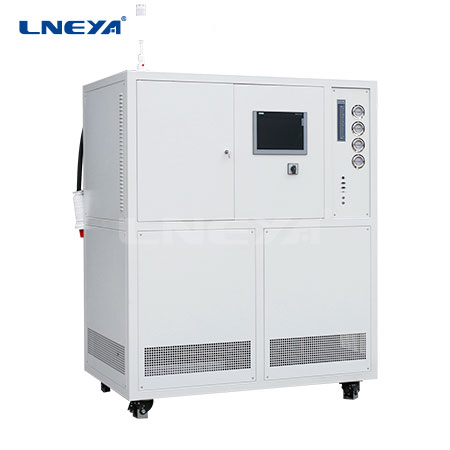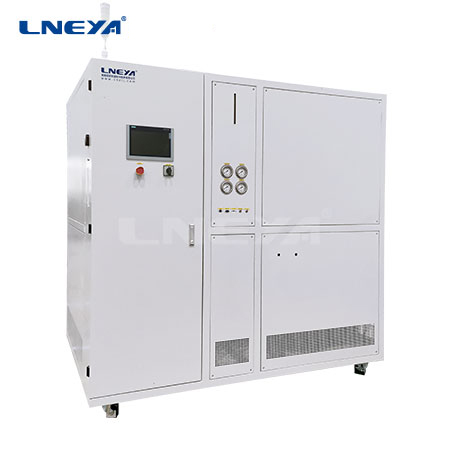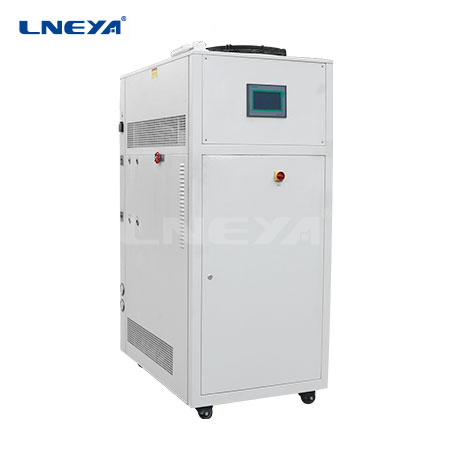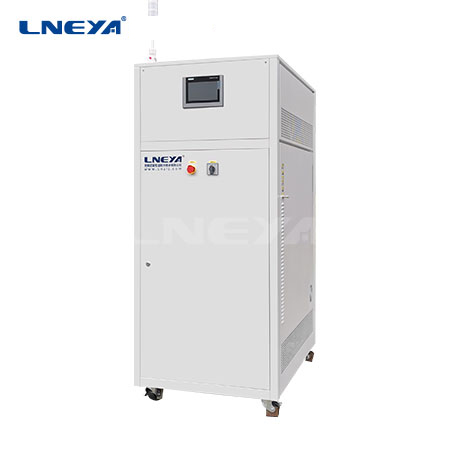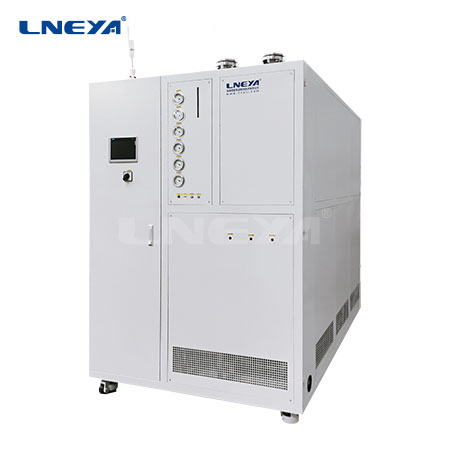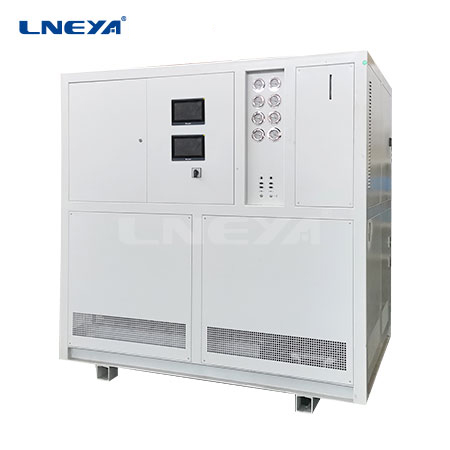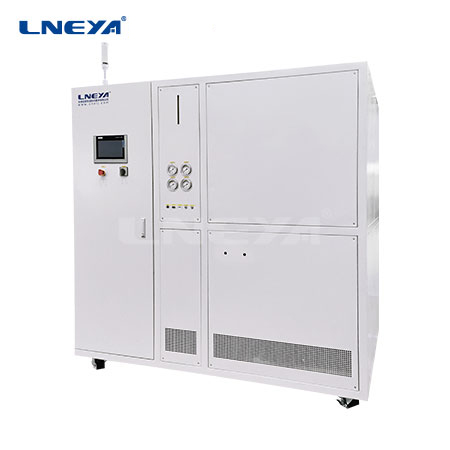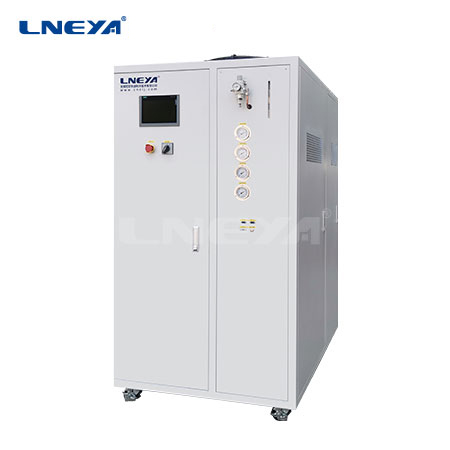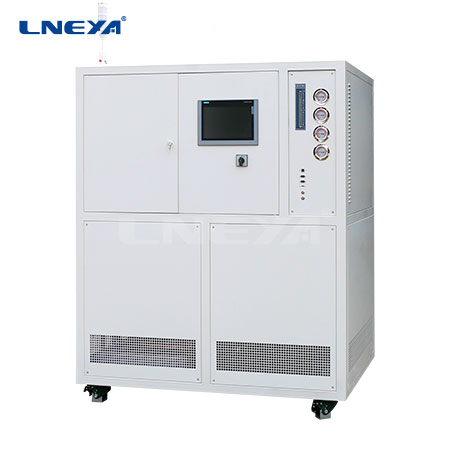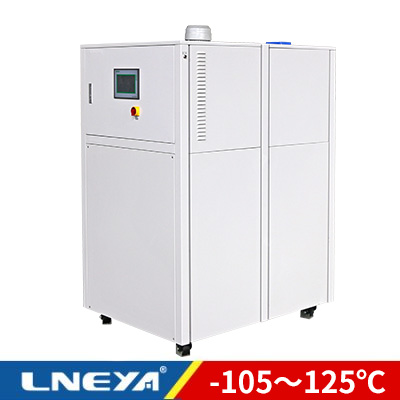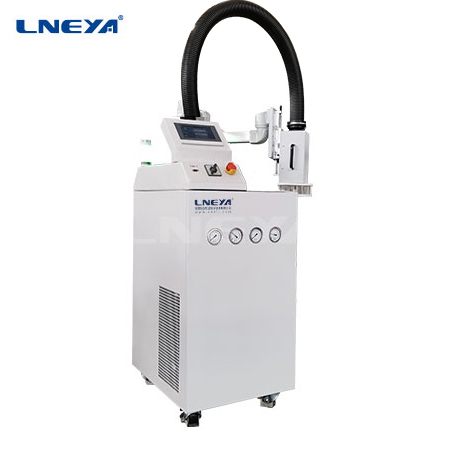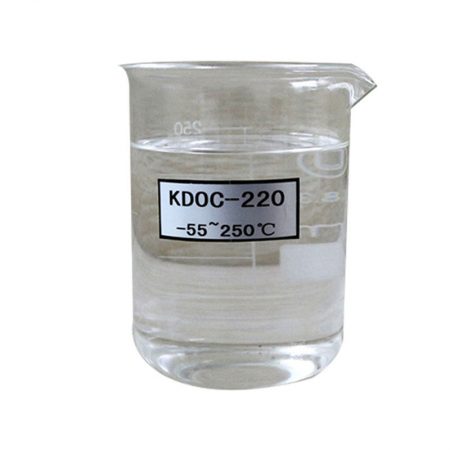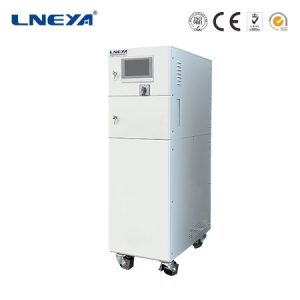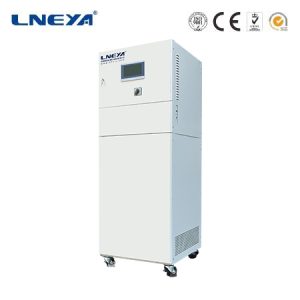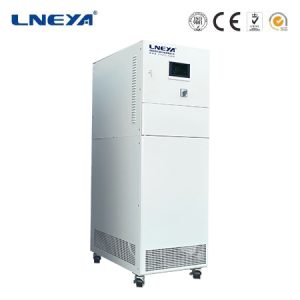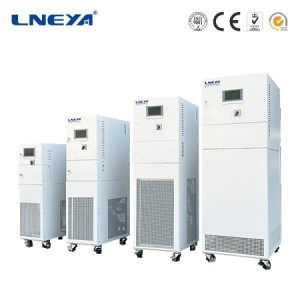The Role of Industrial Chiller Suppliers
Industrial chiller suppliers are vital in delivering cooling solutions that are critical for maintaining optimal temperatures in industrial processes. They cater to a wide array of industries where precise temperature control is essential for product quality and process efficiency.

Types of Chillers Offered
Industrial chiller suppliers typically offer several types of chillers, each serving different applications:
Air-Cooled Chillers: These are suitable for applications where water scarcity is a concern and are easy to install and maintain.
Water-Cooled Chillers: These provide more efficient cooling and are ideal for indoor applications with high thermal output.
Absorption Chillers: These use heat instead of mechanical energy for cooling and are often used for their energy efficiency and environmental benefits.
Evaluating Supplier Reliability
When evaluating the reliability of industrial chiller suppliers, consider factors such as:
Industry Reputation: A supplier’s standing in the industry can speak to their reliability.
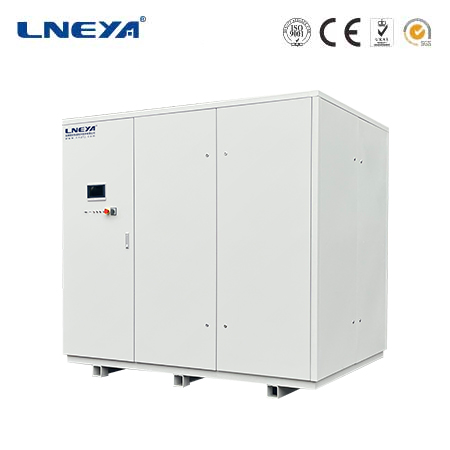
Certifications: Look for certifications that ensure quality and safety standards are met.
Client Feedback: Reviews and testimonials from past clients can provide insights into the supplier’s performance.
After-Sales Service: A good supplier will offer strong support and service after the sale.
Market Trends
The chiller market is influenced by several trends, including:
Rising Global Temperatures: Increasing temperatures due to climate change are driving the need for more efficient cooling solutions.
Advancements in Technology: The integration of IoT, AI, and smart controls is making chillers more energy-efficient and easier to monitor and maintain.
Sustainability: There is a growing focus on chillers that use environmentally friendly refrigerants and designs that reduce energy consumption.

Energy Efficiency and Sustainability
Energy efficiency is a critical factor in chiller technology. Modern chillers are designed to consume less energy while providing effective cooling. Suppliers are also focusing on sustainability, offering chillers that use natural refrigerants with low global warming potential (GWP) and designing systems that can be easily maintained and recycled at the end of their life.
Conclusion
Industrial chiller suppliers play a crucial role in providing cooling solutions that are not only efficient but also sustainable. As the market continues to evolve with technological advancements and growing environmental concerns, suppliers are expected to offer more energy-efficient and eco-friendly chillers. The demand for chillers is expected to grow with the increasing need for cooling in various industries and the push for sustainable development.
 LNEYA
LNEYA
 简体中文
简体中文










